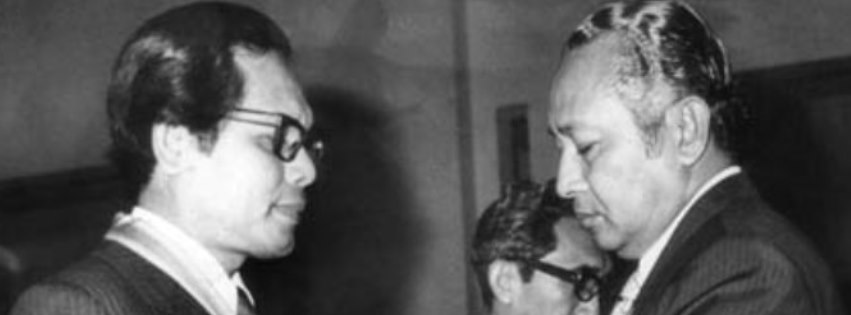KITLV/Royal Netherlands Institute of Southeast Asian and Caribbean Studies

- This event has passed.
Seminar ‘Between Fear and Power: Kompas, Indonesia’s Most Influential Newspaper, 1965-2015’ by Wija Wijayanto
24/03/2016 @ 15:30 - 17:00

Kompas has just celebrated its 50th anniversary in June 28th, 2015. As Indonesia’s oldest newspaper, it managed to survive in three different Indonesian political regimes: the twilight of the Old Order era (1965-1966), the New Order era (1967-1998), and the Reformation era (1998 – present). The current study aims to investigate Kompas biography, journalistic values and practices, with special emphasis on the newspaper’s relationship with the power holders. The data were collected during the course of more than a year of ethnographic field work, from January 2014-April 2015. To be more specific, it is gathered through in-depth interviews with journalists, participant observation in the newsrooms and content analysis of the newspaper’s archives in 50 years.
This study finds that fear has been a running theme of Kompas’ history. Everyday editorial decisions as well as general policies were guided by both a fear of being banned by the authoritarian regime, as well as fears of a backlash from particularly radical communists or Islamic groups. These fears have made them develop a certain kind of journalistic practices which this study theorizes as “jurnalisme rasa”. In this practice, the journalists elaborate “rasa” (one of Javanese values which literally means feeling) as one of the elements in its news making process. Furthermore, “rasa” also becomes the basis in which the newspaper presents its news coverage. This means that the news is delivered in such a polite and indirect way in order to avoid conflict and maintain harmony with the power holders. While being one of consideration its editorial policy, “rasa” also guides the journalists in the off line interaction with political forces which has enabled Kompas survive and thrive. This restraint that Kompas exercises in its reporting has made the newspaper arguably Indonesia’s most influential newspaper. In this sense, Kompas history can serve as a prism to understand the evolution of media in Indonesia in general.
Wija Wijayanto is a PhD candidate at Leiden University. His research focuses on mass media and politics in Indonesian reformation era.
Please register if you wish to attend this seminar: [email protected].
Details
- Date:
- 24/03/2016
- Time:
-
15:30 - 17:00
- Event Category:
- KITLV Events
Organizer
- KITLV
- symposiumDMOI45-50@kitlv.nl
Venue
- KITLV, Room 138
-
Reuvensplaats 2
Leiden, + Google Map



